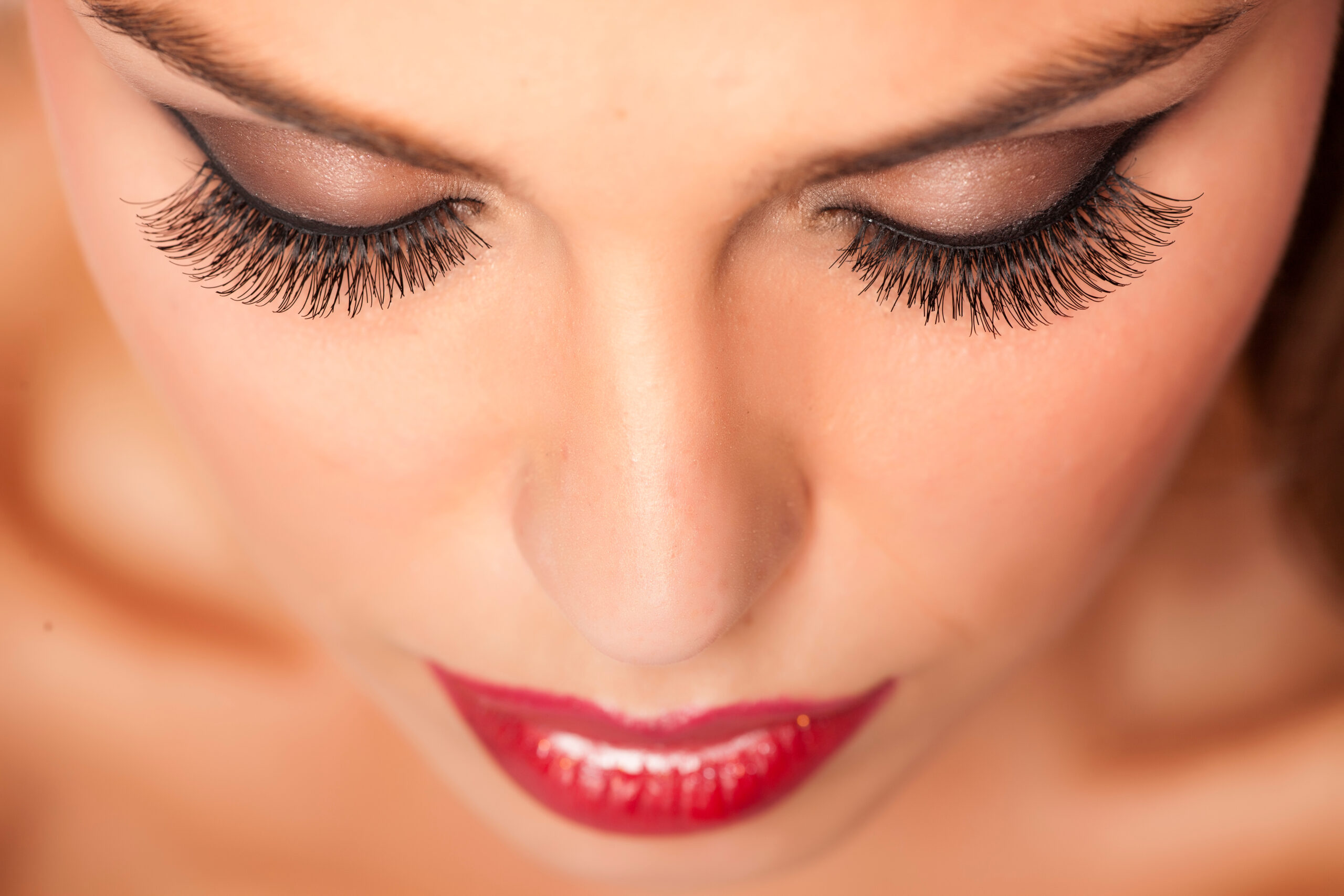Eyelashes do more than frame the eyes—they serve a protective function and contribute to overall facial aesthetics. Many factors influence eyelash growth and density, including genetics, hormones, nutrition, lifestyle choices, and environmental exposure. Understanding these elements can help individuals maintain healthier, fuller lashes naturally.
Key Takeaways:
- Genetics: Your genetic makeup plays a significant role in determining eyelash length, thickness, and growth rate.
- Nutrition: A well-balanced diet rich in vitamins (biotin, E, D) and minerals (zinc, iron) promotes healthy lash growth.
- Hormonal Fluctuations: Changes in hormone levels, especially estrogen and testosterone, can impact eyelash density.
- Environmental Factors: Pollution, humidity, and seasonal changes can affect eyelash health.
- Cosmetic Interventions: Growth serums, eyelash extensions, and mascara can enhance lash appearance but require proper care.
The Science Behind Eyelash Growth
Eyelash growth follows a distinct cycle, much like the hair on your scalp. This cycle includes three phases:
- Anagen (Growth Phase): Lasting 4–10 weeks, during which lashes actively grow.
- Catagen (Transition Phase): The follicle shrinks, signaling the end of growth.
- Telogen (Resting Phase): Lashes fall out, and the cycle restarts.
Several biological and external factors influence the speed, density, and overall health of your eyelashes.
Genetic Influence on Eyelash Growth
Genetics primarily determines:
- Eyelash length and thickness
- The lifespan of each hair follicle
- Growth rate and natural curl pattern
Variations in genes within a family can lead to differences in lash density, even among siblings. Additionally, specific genetic conditions may cause irregular lash growth patterns.
Hormones and Eyelash Growth
Hormones like estrogen and testosterone regulate hair follicle function. For example:
- Higher estrogen levels (such as during pregnancy) may enhance eyelash growth.
- Hormonal imbalances (like PCOS or thyroid disorders) can lead to thinning or loss of lashes.
Individuals experiencing hormonal shifts should consider consulting a healthcare provider to address any underlying imbalances affecting lash health.
Nutritional Factors That Promote Eyelash Growth
Diet plays a crucial role in maintaining strong and healthy eyelashes. Essential nutrients for lash growth include:
1. Key Vitamins and Minerals
- Biotin (Vitamin B7): Supports keratin production, strengthening lashes.
- Vitamin E: Promotes hair follicle health and reduces oxidative stress.
- Vitamin D: Aids in hair follicle cycling and renewal.
- Iron & Zinc: Improve blood circulation to follicles, encouraging growth.
2. Protein and Omega-3 Fatty Acids
Eyelashes are made primarily of keratin, a protein that requires sufficient dietary intake to remain strong. Omega-3 fatty acids (found in fish, nuts, and seeds) provide hydration and elasticity, preventing lash breakage.
3. Hydration and Lash Health
Dehydration can lead to brittle and fragile eyelashes. Drinking enough water supports overall hair health and prevents excessive lash shedding.
Environmental and Lifestyle Factors Impacting Eyelash Growth
External factors can either support or hinder eyelash health.
1. Pollution and Lash Damage
Pollutants and toxins in the air can clog hair follicles, leading to brittle lashes or increased fallout. Using gentle eye cleansers and nourishing serums helps counteract environmental damage.
2. Seasonal Changes and Lash Growth
- Humid climates can promote healthier hair growth.
- Cold, dry weather may weaken lashes, causing breakage.
Adapting a skincare and lash care routine to seasonal variations can improve lash resilience.
3. Stress and Sleep Deprivation
High-stress levels increase cortisol, which may disrupt hair follicle function and cause excessive shedding. A consistent sleep schedule and stress-reducing techniques like meditation can support healthy eyelash growth.
Cosmetic and Medical Influences on Eyelash Growth
1. Makeup and Eyelash Health
Excessive use of mascara, eyelash curlers, or improper makeup removal can weaken lashes. To prevent damage:
- Use gentle, oil-based removers.
- Avoid waterproof mascaras (which require aggressive removal).
- Choose hypoallergenic products to reduce irritation.
2. Eyelash Growth Serums
Eyelash serums containing biotin, peptides, and prostaglandin analogs can stimulate growth. However, consistency is key—results may take weeks to appear.
3. Eyelash Extensions: Benefits and Risks
While extensions provide instant volume, improper application or frequent use may:
- Weaken natural lashes due to adhesive chemicals.
- Cause allergic reactions or infections.
Opt for professional application and follow aftercare guidelines to maintain healthy lashes.
4. Medical Conditions and Eyelash Thinning
Certain conditions, like hypothyroidism or alopecia areata, can cause lash loss. Medications such as chemotherapy drugs may also lead to temporary thinning. Individuals experiencing significant lash loss should consult a provider for potential treatment options.
Final Thoughts
Eyelash growth and density are influenced by a combination of genetics, hormones, nutrition, environmental factors, and lifestyle choices. By maintaining a nutrient-rich diet, managing stress, using safe cosmetic products, and protecting lashes from environmental damage, individuals can promote healthier, fuller eyelashes.
For personalized recommendations on wellness and hair health, consider consulting with a licensed healthcare provider through Omnia Telehealth.
Frequently Asked Questions (FAQ)
Q: Can eyelash growth serums really work?
Yes, certain serums contain active ingredients like biotin, peptides, and prostaglandin analogs that promote lash growth. However, consistent use is necessary for visible results.
Q: How can I naturally make my eyelashes thicker?
Eating a nutrient-rich diet, staying hydrated, using castor oil or aloe vera, and avoiding excessive mascara use can help enhance natural eyelash thickness.
Q: Does mascara damage eyelashes?
Frequent use of mascara, especially waterproof formulas, can lead to dryness and breakage if not removed properly. Using a gentle makeup remover and taking makeup-free days can help maintain lash health.
Q: Why are my eyelashes falling out more than usual?
Eyelash shedding can result from stress, hormonal changes, nutrient deficiencies, or excessive use of eyelash extensions. If excessive loss persists, consult a provider for further evaluation.
Q: Are eyelash extensions safe?
When applied correctly by a professional, extensions are safe. However, improper application or frequent use may weaken natural lashes. It’s essential to follow aftercare instructions and take breaks between applications.


